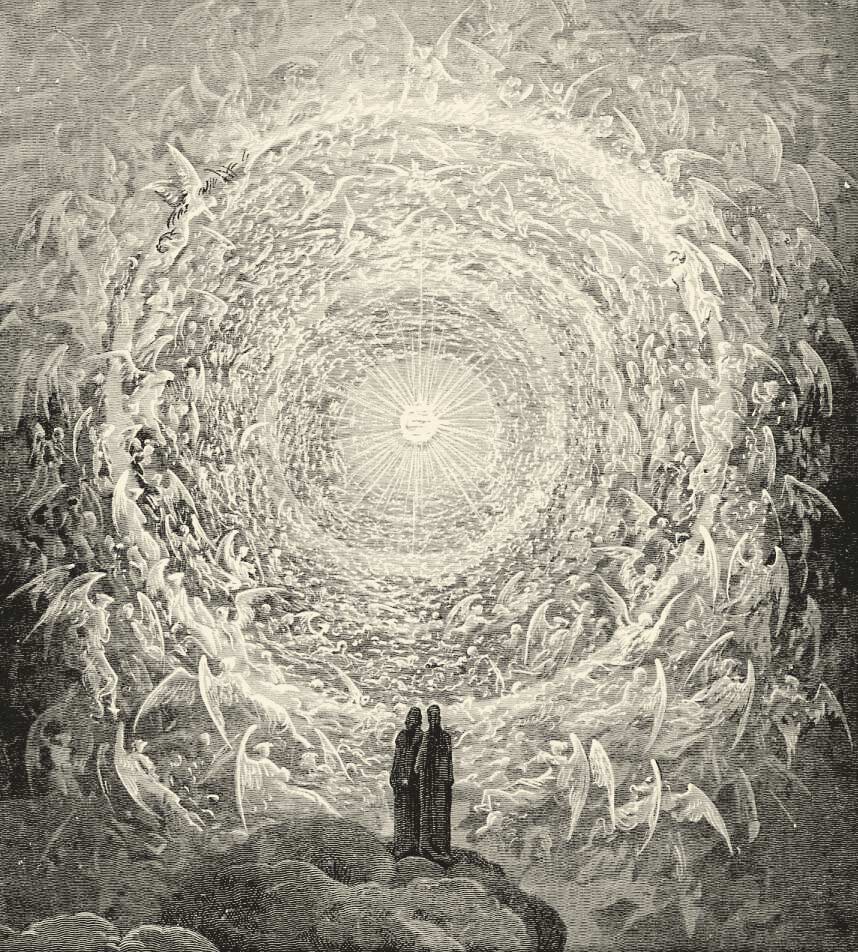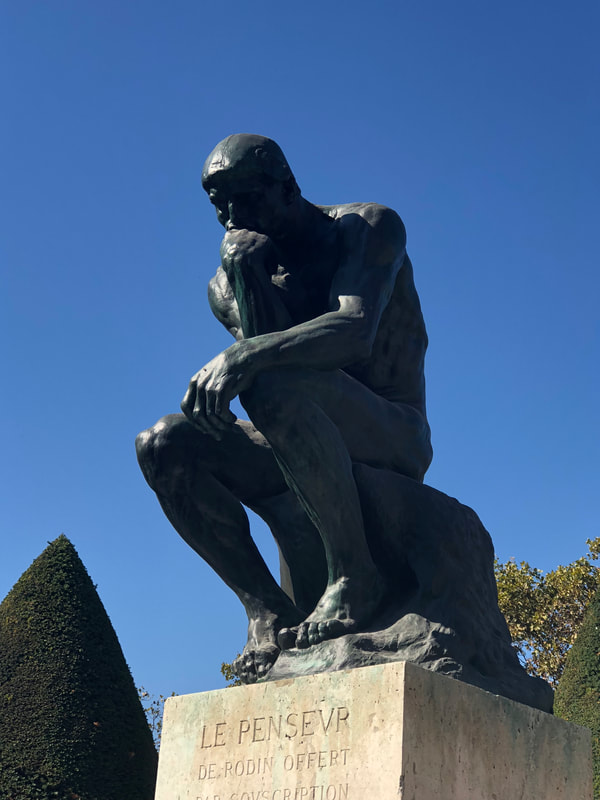Where the Fire and the Rose Are One:
Dante and the History of the Arts of the Western World
A series of Art and Idea Salons with Kayleen Asbo, Ph.D
Register for the series here with Ubiquity University
$80.00 for the set of four recorded videos
In honor of the 700th anniversary of Dante’s Divine Comedy we will explore the relationships between Dante and the history of art, music, philosophy and poetry through a Depth Psychology and archetypal perspective to reveal how this epic poem has offered a profound map of a universal development and transformation throughout the centuries.
Session Two: TS Eliot and Dante
The great 20th century poet TS Eliot was so profoundly shaped by Dante’s vision that he learned Italian to read the text in the original language. References to Inferno and Purgatorio abound throughout his work, and his own inner journey was shaped by the vision of personal transformation Dante offers. On the anniversary of TS Eliot’s birth, we will pay particular attention to the parallels between the Divine Comedy and Eliot’s final masterpieces, “Little Gidding”.
Session Three: St Francis, Dante and Giotto
At the very time that Dante was writing his epic poem, Giotto Bonadone was painting the Scrovegni Chapel and the Frescoes of the Life of St. Francis. We will discover what these masterpieces have in common—and how the life of St. Francis guided both creations as an icon of hope. Both Dante and Giotto were so moved by Franciscan spirituality that they became members of the Third Order, a confraternity of lay members dedicated to serving the world. We will also explore Canto 11 of Paradiso where Dante offers us a vision of Francis’s life and teachings that can help guide us to reconciliation and wisdom in our own lives.
Session Four: Dante and Franz Liszt
Franz Liszt was by many accounts the most celebrated piano virtuoso of all time . A child prodigy from Hungary who received Beethoven’s benediction at the age of 11, he had a scandalous youth, with a flamboyant and tempestuous life as a playboy. Through a Russian muse, Liszt was introduced to Dante and his subsequent immersion into the Divine Comedy constellated a profound inner awakening, leading him to a maturity marked by astonishing generosity, devotion and humility. We will explore the impact of the Divine Comedy on Liszt’s piano and symphonic works, but perhaps more moving still, the impact that Dante had on Liszt in creating his “tripartite life” as teacher, philanthropist and eventually, monk.
To register for the four course series, click here
Session Two: TS Eliot and Dante
The great 20th century poet TS Eliot was so profoundly shaped by Dante’s vision that he learned Italian to read the text in the original language. References to Inferno and Purgatorio abound throughout his work, and his own inner journey was shaped by the vision of personal transformation Dante offers. On the anniversary of TS Eliot’s birth, we will pay particular attention to the parallels between the Divine Comedy and Eliot’s final masterpieces, “Little Gidding”.
Session Three: St Francis, Dante and Giotto
At the very time that Dante was writing his epic poem, Giotto Bonadone was painting the Scrovegni Chapel and the Frescoes of the Life of St. Francis. We will discover what these masterpieces have in common—and how the life of St. Francis guided both creations as an icon of hope. Both Dante and Giotto were so moved by Franciscan spirituality that they became members of the Third Order, a confraternity of lay members dedicated to serving the world. We will also explore Canto 11 of Paradiso where Dante offers us a vision of Francis’s life and teachings that can help guide us to reconciliation and wisdom in our own lives.
Session Four: Dante and Franz Liszt
Franz Liszt was by many accounts the most celebrated piano virtuoso of all time . A child prodigy from Hungary who received Beethoven’s benediction at the age of 11, he had a scandalous youth, with a flamboyant and tempestuous life as a playboy. Through a Russian muse, Liszt was introduced to Dante and his subsequent immersion into the Divine Comedy constellated a profound inner awakening, leading him to a maturity marked by astonishing generosity, devotion and humility. We will explore the impact of the Divine Comedy on Liszt’s piano and symphonic works, but perhaps more moving still, the impact that Dante had on Liszt in creating his “tripartite life” as teacher, philanthropist and eventually, monk.
To register for the four course series, click here
Contact Kayleen Asbo: [email protected]

